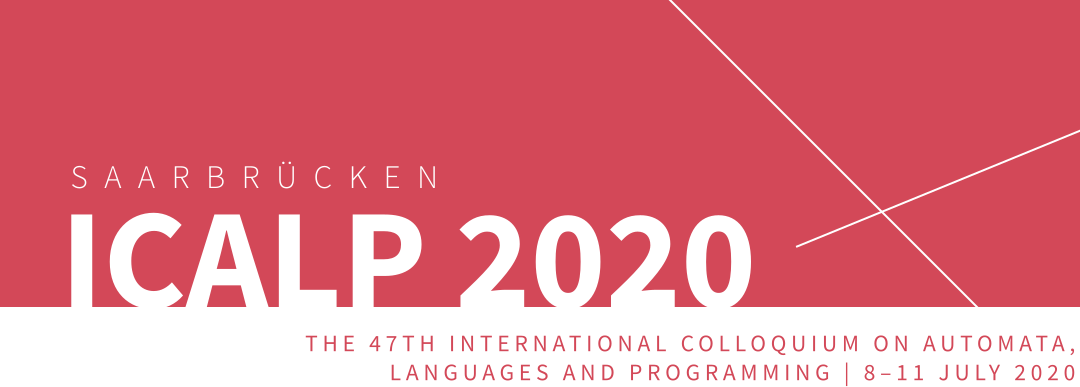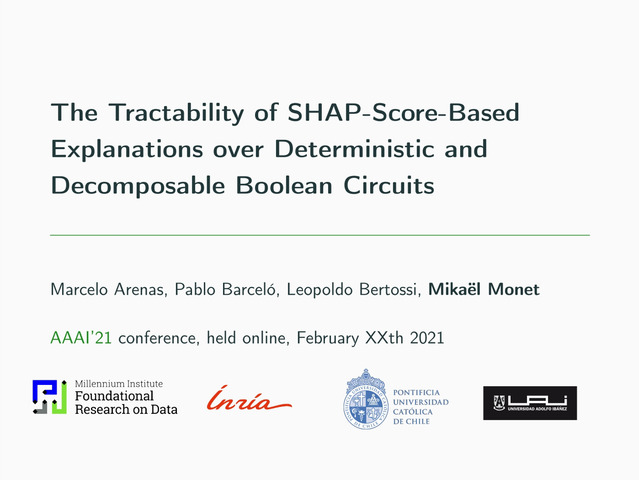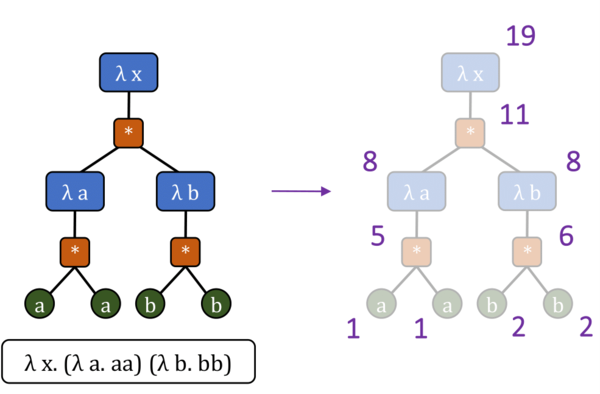Abstract:
We study decidability problems for equivalence of probabilistic programs, for a core probabilistic programming language over finite fields of fixed characteristic. The programming language supports uniform sampling, addition, multiplication and conditionals and thus is sufficiently expressive to encode boolean and arithmetic circuits. We consider two variants of equivalence: the first one considers an interpretation over the finite field Fq, while the second one, which we call universal equivalence, verifies equivalence over all extensions Fqk of Fq. The universal variant typically arises in provable cryptography when one wishes to prove equivalence for any length of bitstrings, i.e., elements of F2k for any k. While the first problem is obviously decidable, we establish its exact complexity which lies in the counting hierarchy. To show decidability, and a doubly exponential upper bound, of the universal variant we rely on results from algorithmic number theory and the possibility to compare local zeta functions associated to given polynomials. Finally we study several variants of the equivalence problem, including a problem we call majority, motivated by differential privacy.









































